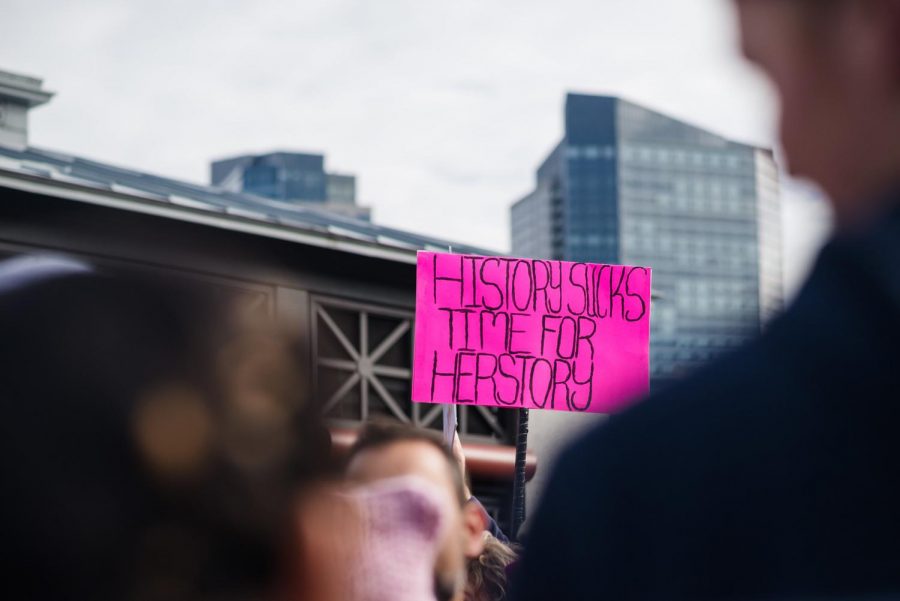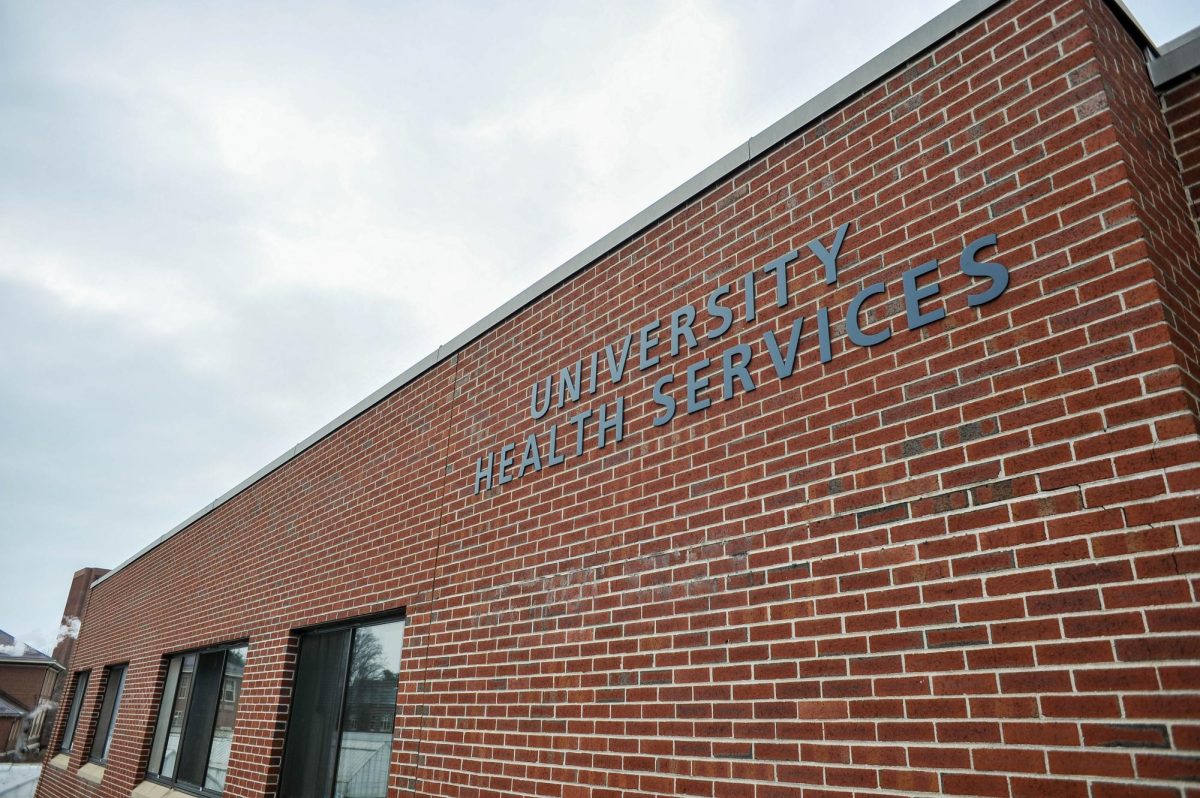As the presidential election approaches, it becomes more interesting to see women’s role in the politics of our nation. With only a short history in our country’s politics, only gaining suffrage 100 years ago, women’s evolution in politics has been impressive.
The 2018 midterm elections brought a record high number of women into the House of Representatives, for a total of 102 women, which is 23.4 percent of the House. This could also attribute to 55 percent of women voting, compared to 52 percent of men who voted in the midterm elections. At first this statistic is impressive, however, women make up half of the entire population and voter representation in the United States, so why do women barely make up a quarter of the House of Representatives? The popular opinion among women is that voters have a bias against electing women. According to a survey in 2018, 57 percent of women say voters not being ready to elect women is a major reason we do not see women in political leadership. Men answered the same survey, and only 32 percent considered voters bias against electing females being a reason we do not see women in government.
According to these statistics, it is evident that women have perceived a social stigma against themselves. Whatever the reason is, women must break this stigma to earn the representation they deserve. Representation on behalf of 50 percent of the population only has less than a quarter legitimate federal political representation. To feel protected and assume our values are being considered in every step of legislation, we vote for politicians we can trust to advocate on our behalf. Women should feel empowered to go research their legislators, write to them and even run against them.
Knowledge is power, and women have the right to self-educate themselves on their local and state legislation. They share the same the right to political power as any other individual. There is evidence that women can be successful holding political careers, we will use our state of Massachusetts as an example. Massachusetts has two senators and one is a woman; the state sends nine members to the House, three being women. Massachusetts also has women in four out of five state-wide elected executives. Nevada became the first state in the history of the United States to achieve a female majority elected officials, with 52 percent of legislative members being women.
Women should feel motivated, now more than ever, to campaign their interest and spread awareness on any particular issue they please. Women are equipped to run a political, elected office career. The evolution of our country’s values is observed through the lack of women representation. The history of women’s oppression has cemented itself into the attitudes of women, even today despite vitalizing statistics such as Nevada politics. It is a social responsibility to destroy the stigma against women in elected office. However, the expectations are disproportionately placed on women. Women should be encouraged in high school to research their legislators, so when they turn 18 and have the chance to cast their vote, they know what they are voting for. Women need to be more aware of their ability to incorporate their voice in legislation and the dangers of failing their civic responsibilities.
We need more women in politics to protect the interest and advocate on the behalf of their underrepresented demographic. Without an advocate to declare the values of their population, there is much more potential for systematic oppression to be placed in legislation. More women should become active voters so they can protect themselves and their female peers. We have an obligation to vote so our rights are preserved. The obligation is not only for us but for our younger generation who will not be eligible to vote for the midterm elections yet, but when they’re adults and the appointed legislators affect them. Individuals are entitled to pursue their interest and values, and 100 years later, women are still adjusting to the complexity. Hopefully, the momentum of female politics in the 2020 presidential election foreshadows a newer dynamic in our government.
Adria Stephens is a letter contributor and can be reached at [email protected].




















Tina Gallant • Mar 2, 2020 at 3:12 pm
I really do agree on how we should educate our selves, not just with politics but any passion you may have interest in.
And to speak on our younger generation, they most likely have no interest in politics and or man vs women powers, equality or lack thereof. So the importance of putting into place classes in our schools, starting much younger than college, to educate our community and children on this issue of politics is of the utmos.
“Knowledge Is Power” is right!…. When and where do we begin?